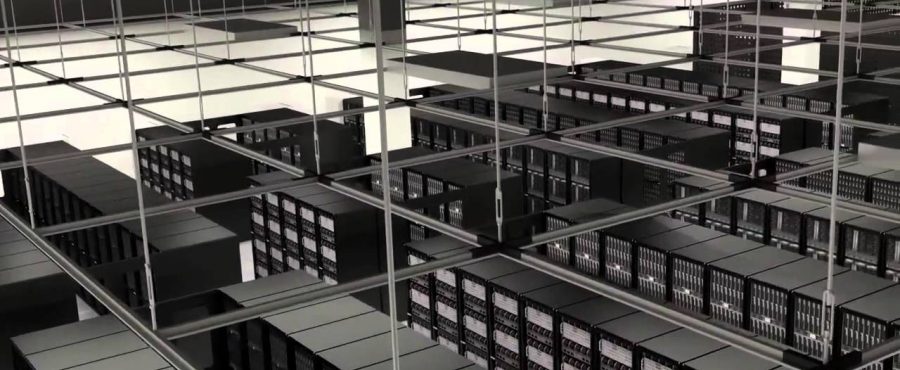Different Types of Data Centers
Every business relies on data center types to store, manage, and process important information. These facilities keep operations running smoothly by handling data storage, security, and computing power. But what are data centers, and how do they differ?
Some businesses need full control over their data, while others prefer shared or managed services. Understanding the different data center infrastructure companies choose the best solution for their needs. In this guide, LightWave Networks explores different tiers of data centers and how to find the right one for your business.
Types of Data Centers
Enterprise Data Centers
Enterprise data centers are built and operated by a single company. These data center types provide full control over infrastructure, security, and performance, making it a tier 1 data center for many firms to consider. Businesses with large IT needs often invest in these private facilities to ensure reliability and customization.
However, enterprise data centers require significant resources, including hardware, staff, and ongoing maintenance. While they offer the highest level of security and performance, they also come with higher costs. Organizations looking for a Massachusetts or Texas colocation provider of enterprise solutions should consider this an amazing opportunity if they need dedicated space and security.
Colocation Facilities and Services
Colocation data center facilities allow businesses to rent space within a professionally managed data center. Instead of maintaining their own server room, companies use colocation services to access power, cooling, and security at a lower cost. These data center types are ideal for businesses that need flexibility and reliability without managing the infrastructure themselves.
In addition, colocation provides scalability, making it easy to expand as business needs grow. Many companies searching for a Massachusetts data server or a Texas data center choose colocation facilities to reduce costs while keeping control over their IT equipment.
Hyperscale Data Centers
Hyperscale data centers support massive computing power and storage needs. These data center types are built by large tech companies like Amazon, Google, and Microsoft. They house thousands of servers and are optimized for cloud computing, AI, and big data processing. Unlike other different data centers, hyperscale facilities are designed for maximum efficiency, using automation and energy-saving technologies.
While most businesses don’t own hyperscale data centers, they rely on cloud services that run on them. Often, companies needing large-scale computing use cloud-based hyperscale solutions instead of traditional data centers.
Edge Data Centers
Edge data centers process data closer to end-users to improve speed and performance. These different tiers of data centers reduce lag by handling data locally instead of sending it to a distant facility. This setup is ideal for businesses that need real-time processing, like video streaming, gaming, and IoT applications. Edge data centers are smaller than traditional facilities but offer the same security and reliability. They are becoming more popular as businesses demand faster data processing and companies that need low-latency computing benefit from these specialized data center types.
Managed Services Data Center Infrastructure
Managed services data centers provide IT infrastructure and support without requiring in-house management. A third-party provider takes care of maintenance, security, and monitoring. This setup allows businesses to focus on their core operations while ensuring reliable IT performance. Managed data center types are ideal for companies that need expert support without hiring a full IT team.
Businesses looking for affordable, fully managed colocation services often turn to this option. With predictable costs and expert management, these data center types are a smart choice for growing companies.
Choosing the Right Data Center
The right data center types depend on business size, security needs, and budget. Enterprise data centers offer full control but require high investment. Colocation facilities provide a balance of flexibility and cost savings, while managed services offer expert IT support. Companies needing low-latency processing may benefit from edge data centers, while those handling massive workloads may prefer hyperscale solutions.
Whether you need a Texas data center or a Massachusetts data server, understanding the different tiers of data centers helps you make the best choice. The different types of centers can provide various benefits and considerations at each data center tier, so be sure to weigh all opportunities.
Get Elite Data Center Infrastructure Management
Choosing the right data center types ensures businesses stay secure, efficient, and scalable. Whether you need private enterprise solutions, colocation facilities, or a managed data center, LightWave Networks has the expertise to help. We provide customized IT solutions that match your business needs and budget.
If you’re searching for colocation services, a Texas data center, or a Massachusetts data server, our team is ready to assist. Contact us today to explore your options and find the best data center solution for your business. Feel free to read some of our other articles whenever you’re ready!

